To beat the Pandemic blues, Vikas Sethi has found a passion in a new activity, that not only feeds his soul, but is also an investment into a better world. By composting his Kitchen waste for almost a year now, he is ready to lend a bigger hand in fighting the capital’s growing garbage issue.
On an average, Delhi produces 9,000 metric tonnes of garbage per day. While the permissible upper limit for dumping garbage at a landfill is approximately 15 to 20 metres, it is way past that mark. Due to the lack of proper segregation habits, everything is dumped together making the situation worse. For years now, these landfills in the city have been identified as the largest, least regulated and the most hazardous in the world.
The onset of the COVID-19 pandemic further augmented the crisis. Due to a nation-wide lockdown, garbage collection from residential societies faced a seemingly interminable halt. With no municipal garbage-collection vans hovering around, added with a fear of stepping outside, people were clueless about what to do with the waste they were generating on a daily basis. This is when Vikas decided to start with the basics.
Simply by using his kitchen waste, Vikas has turned his terrace into a beautiful garden for growing organic vegetables and fruits on his own. He says, “In a mere time span of six weeks, I learnt how to convert my kitchen waste into plant food. Adding that compost made the soil perfect for sowing seeds and growing my own vegetables.”
Kitchen waste (biodegradable) accounts for 50 percent of household waste in the country. It can be reused to produce rich compost. Composting isn’t merely the first step in segregation of waste but also reduces the burden on waste collectors and recyclers.
“We can’t mix all kinds of waste. Plastic needs to be collected separately and then recycled, whereas electronic waste calls for completely different and comprehensive strategy. By a mere exercise of first hand segregation, Kitchen waste can become food for your plant. With a simple process of composting, we all can do our bit for the environment and divert a bulk of waste from overflowing landfills”, says Pratyaksh Ahuja who works with ‘Fridays for Future’, an Environmental NGO, to generate awareness and invoke social behaviour change.
Vikas adds, “I stopped throwing waste after just two weeks of composting. I had zero waste at home. Some of my neighbours, who saw me composting on the terrace even said that why am I not throwing it and told me that keeping waste at home would lead to diseases. They had no idea about composting and that is why it is important to teach people about effective waste management.”
When enquired about the proper guidelines of composting, Vikas says, “I use any tumbler or deep vessel I could find. It is important to have both green and brown materials while composting. So, I add things like dry leaves, twigs, waste paper, cardboard pieces, and mix them with kitchen scraps like tea bags, egg shells, vegetable and fruit peels. We need to pile these compostable additions and turn them from time-to-time. It’s that simple.”
Composting etiquettes of Vikas has triggered a ‘green influence’ which has inspired many in the locality to pursue composting. Anshika, a young member from his locality, has also started composting her kitchen waste. She finds it interesting and thinks of it as a conscious effort every one needs to make this planet greener and healthier.
Composting as a green practice is organised on large scales too. But the pace and intensity of establishment of dedicated facilities for composting remains worrying. A recent report by Parliamentary standing committee on Urban Development noted that Waste to compost plants haven’t been performing as expected. It further recommended for establishment of waste to compost plans with PAN India license. But by the time such observations and advisories yield results, individual efforts can fill in or compliment the existing green initiatives.
Vikas continues his journey towards helping the environment with a conscious effort at an individual level, significance of which holds the potential to influence a greater number of people to opt for green behaviourism. For ‘many’ born out of ‘one’ such move, is what makes planet earth greener, healthier and happier.
Story Edited By Usha Nouduri
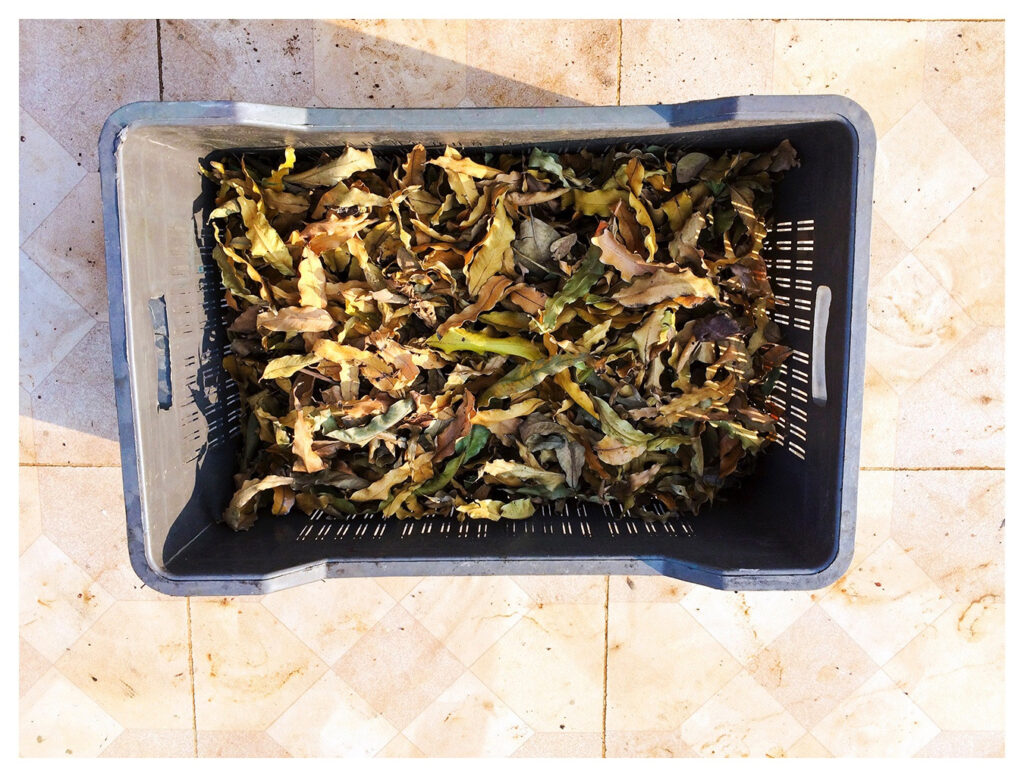
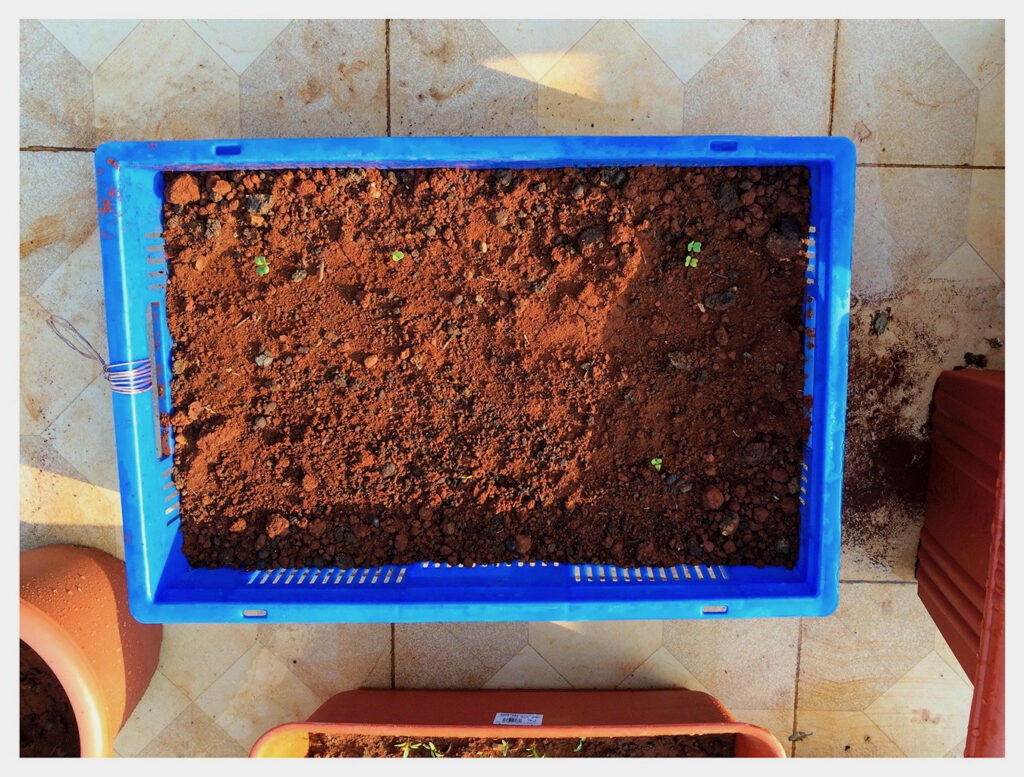
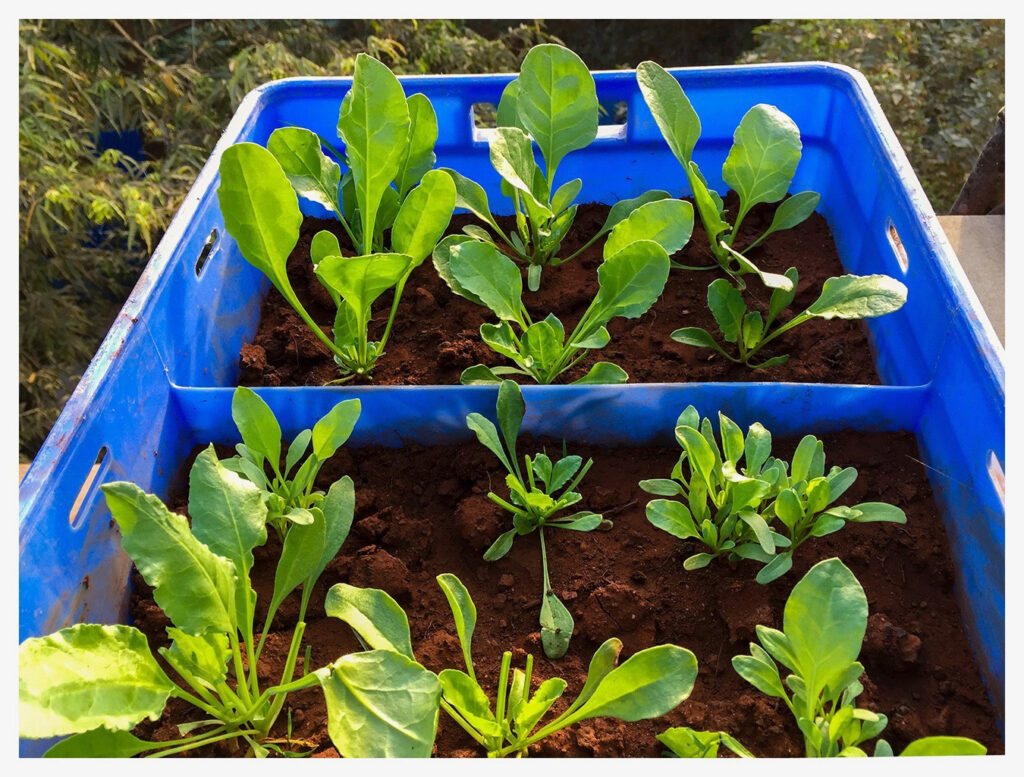
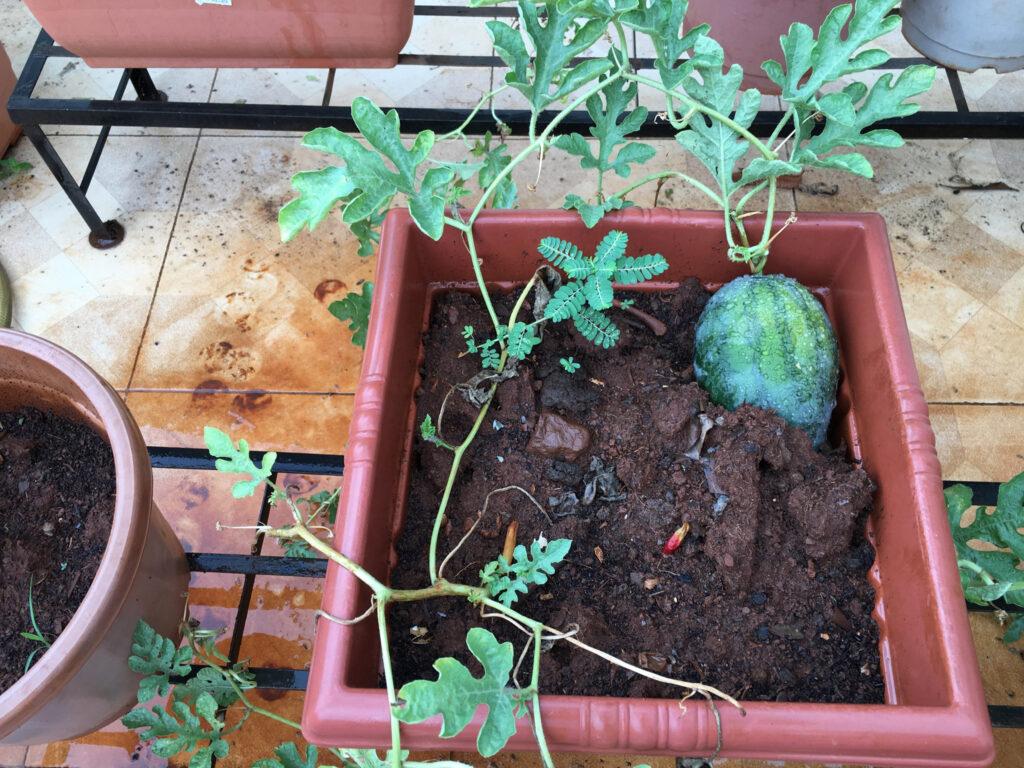
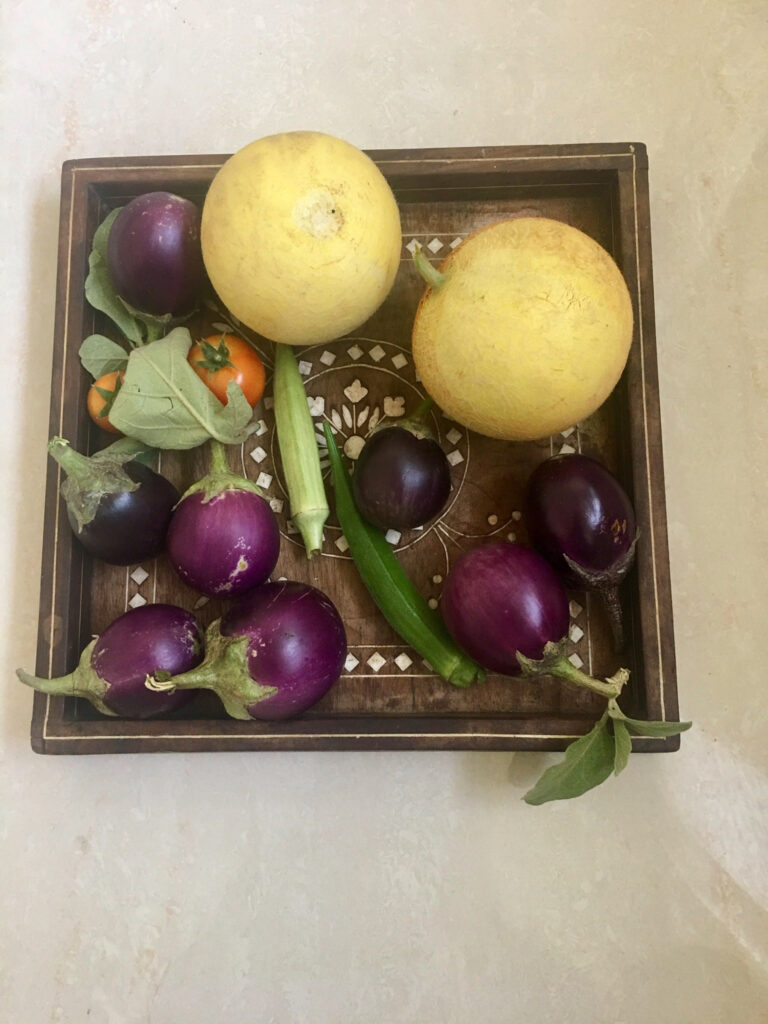

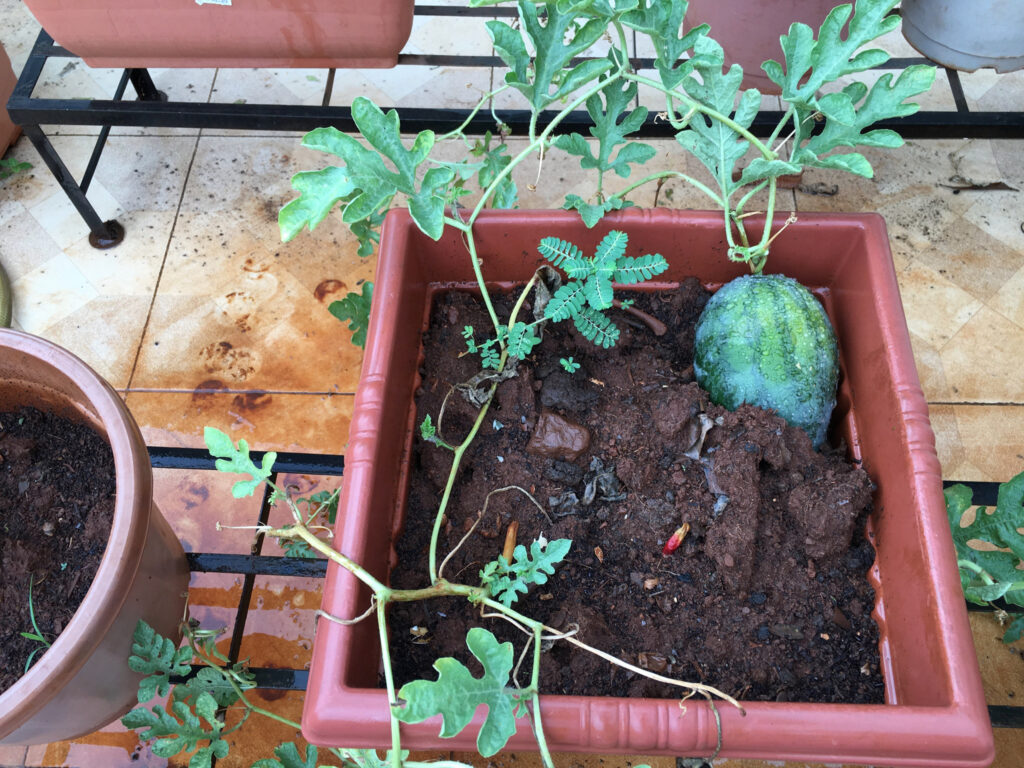
3 Comments
Nice initiative …….We should also start ….This kind of work… ❤️❤️
well written.
By adopting this method, we can avoid the ill effects of chemical-rich fruits and vegetables while keeping the health of both ourselves and this planet, healthy.
well written.
By adopting this method, we can avoid the ill effects of chemical-rich fruits and vegetables while keeping the health of both ourselves and this planet, healthy.